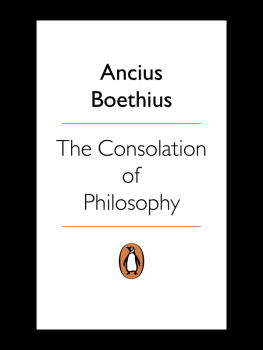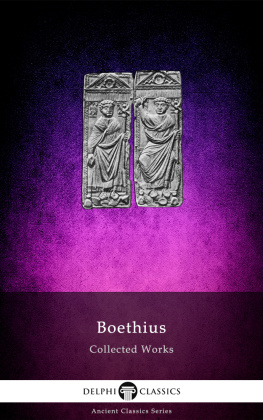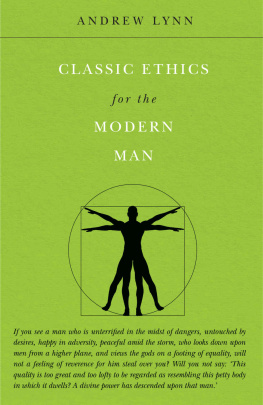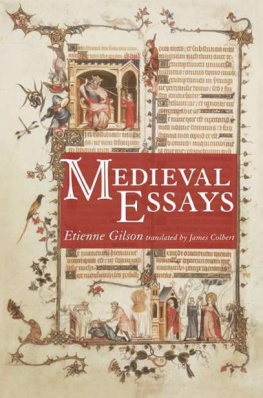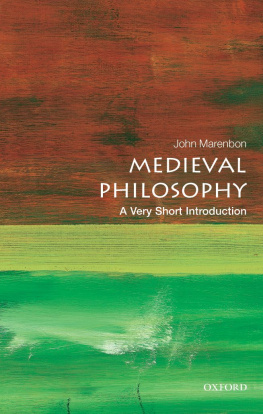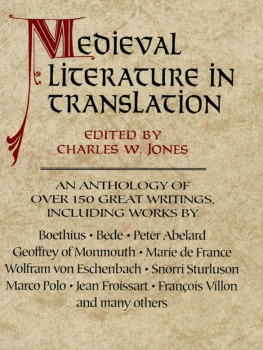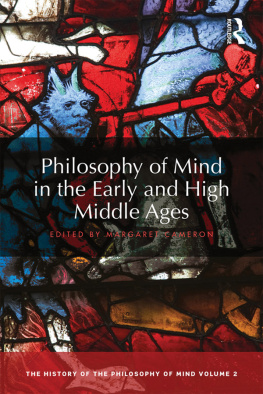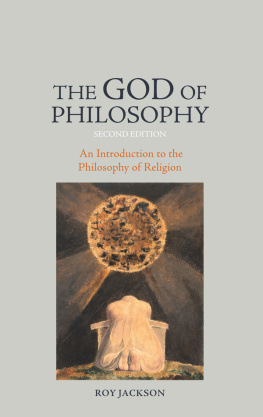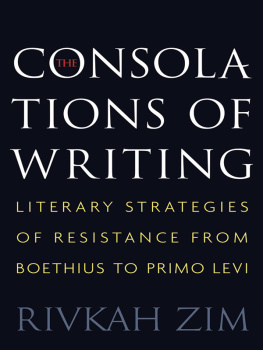PENGUIN BOOKS
Published by the Penguin Group
Penguin Books Ltd, 27 Wrights Lane, London W85 TZ , England
Penguin Putnam Inc., 375 Hudson Street, New York, New York 10014, USA
Penguin Books Australia Ltd, Ringwood, Victoria, Australia
Penguin Books Canada Ltd, 10 Alcorn Avenue, Toronto, Ontario, Canada M4V 3B2
Penguin Books (NZ) Ltd, Private Bag 102902, NSMC, Auckland, New Zealand
Penguin Books Ltd, Registered Offices: Harmondsworth, Middlesex, England
This translation first published 1969
Revised edition 1999
Copyright Victor Watts, 1969, 1999
All rights reserved
ISBN: 978-0-14192-037-5
He just wanted a decent book to read
Not too much to ask, is it? It was in 1935 when Allen Lane, Managing Director of Bodley Head Publishers, stood on a platform at Exeter railway station looking for something good to read on his journey back to London. His choice was limited to popular magazines and poor-quality paperbacks the same choice faced every day by the vast majority of readers, few of whom could afford hardbacks. Lanes disappointment and subsequent anger at the range of books generally available led him to found a company and change the world.
We believed in the existence in this country of a vast reading public for intelligent books at a low price, and staked everything on it
Sir Allen Lane, 19021970, founder of Penguin Books
The quality paperback had arrived and not just in bookshops. Lane was adamant that his Penguins should appear in chain stores and tobacconists, and should cost no more than a packet of cigarettes.
Reading habits (and cigarette prices) have changed since 1935, but Penguin still believes in publishing the best books for everybody to enjoy.We still believe that good design costs no more than bad design, and we still believe that quality books published passionately and responsibly make the world a better place.
So wherever you see the little bird whether its on a piece of prize-winning literary fiction or a celebrity autobiography, political tour de force or historical masterpiece, a serial-killer thriller, reference book, world classic or a piece of pure escapism you can bet that it represents the very best that the genre has to offer.
Whatever you like to read trust Penguin.
www.penguin.co.uk
Join the conversation:
Twitter Facebook

THE CONSOLATION OF PHILOSOPHY
ADVISORY EDITOR: BETTY RADICE
ANICIUS , text-books on arithmetic and music, and a number of works on theology. His works were chosen for translation by Alfred the Great and he was one of the most influential Latin authors for the next thousand years.
VICTOR WATTS was born in 1938 and read classics and English at Merton College, Oxford, and did a year of postgraduate work at University College, London. He is Master of Grey College and part-time Senior Lecturer in the School of English at Durham University. His publications include articles and reviews and an edition of On trees and herbs, Book 17 of the medieval encyclopaedia On the Properties of Thing by Bartholomaeus Anglicus. He is Honorary Director of the English Place-Name Survey and editor of the Cambridge Dictionary of English Place-names.
Preface
The issue of a revised edition of the translation of The Consolation of Philosophy has enabled me to correct mistakes, improve the wording of one or two passages and take account of recent work on Boethius and his age. Since the first edition several important books have appeared. The commemoration of the fifteenth centenary of his birth in 1980 saw the appearance of two major contributions, Boethius: The Consolations of Music, Logic, Theology and Philosophy by Henry Chadwick, Clarendon Press, Oxford 1981, and Boethius: His Life, Thought and Influence, a collection of studies edited by Margaret Gibson, Basil Blackwell, Oxford 1981, including a fine literary analysis of the Consolation by Anna Crabbe. Boethiuss literary structure and methods have also been exhaustively examined in J. Grubers Kommentar zu Boethius De Consolatione Philosophiae, Texte und Kommentare 9, Berlin 1978, Seth Lerers Boethius and Dialogue: Literary Method in The Consolation of Philosophy, Princeton, New Jersey 1985, and Gerard ODalys The Poetry of Boethius, Chapel Hill, University of North Carolina Press 1991, and his antecedents and influence by Pierre Courcelle in La consolation de philosophie dans la tradition littraire, Paris 1976, in his article on Boethius in the Dictionnaire de Lettres francaises, Le moyen ge, Paris 1964, and in Jamie Scotts Christians and Tyrants: the prison testimonies of Boethius, Thomas More, and Dietrich Bonhoeffer, New York 1995. Notable also are the entries on Boethius by L. Minio-Paluello in the Encyclopaedia Britannica (1968) and the Dictionary of Scientific Biography II, New York 1970 and the articles by S. F. Wiltshire, Boethius and the Summum Bonum in The Classical Journal 67, 1972, and C. J. De Vogel The problem of philosophy and Christian faith in Boethius in Romanitas et Christianitas: Studia J. H. Waszink, Amsterdam 1973.
This absence of tension between pagan and Christian tradition was able to foster a milieu in which the concept of the twofold approach to truth, one via the exercise of the reason, one via revelation, was natural and easy to maintain. The study of natural theology was in this context as valid as the study of revealed theology and it was to the former that throughout his life Boethius had devoted his formidable intellectual powers.
There is further a personal circumstance pointed out by Anna Crabbe which seems to go far to account for the absence of overt Christian reference in the Consolation. In contrast to God he discovered, Boethius was born into a Christian family, faced no such emotional turmoil or intellectual challenge and was able to devote his powers not to the discovery of a new religion but to the logical exposition of the theology that underpinned it. In the prison house during the last months of his life, so far from disillusion or apostasy, what he achieved was a brilliant summation of the moral and protreptic lessons of his lifes intellectual work, in argument largely non-technical, adorned by literary and philosophical allusion drawn from a mind over many years immersed in the great writers of the classical past.
Grey College, Durham
February 1999.
I. Introductory
The Consolation of Philosoph has been many things to many men. In a much quoted phrase Gibbon described it as a golden volume not unworthy of the leisure of Plato or The Middle Ages did not find it so, and provided the Consolation

